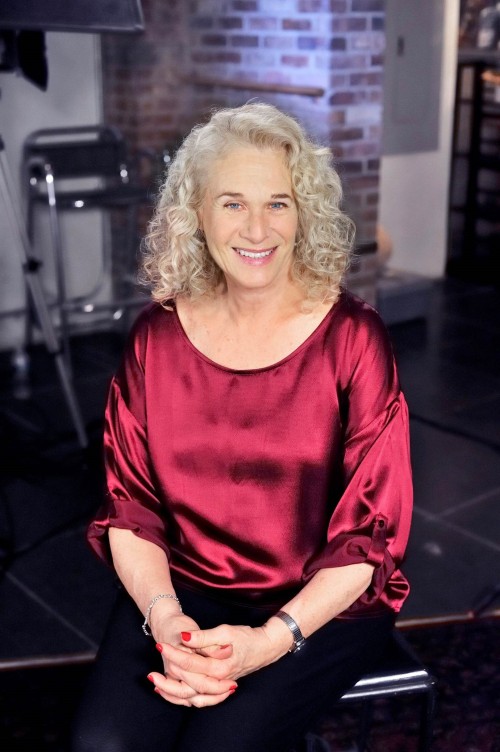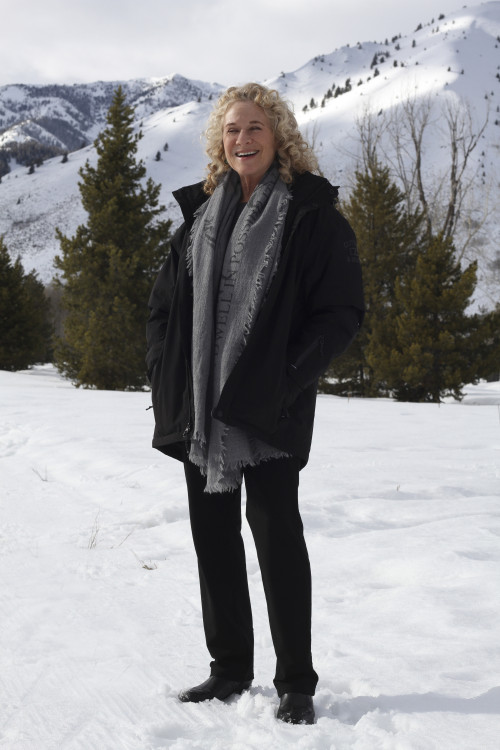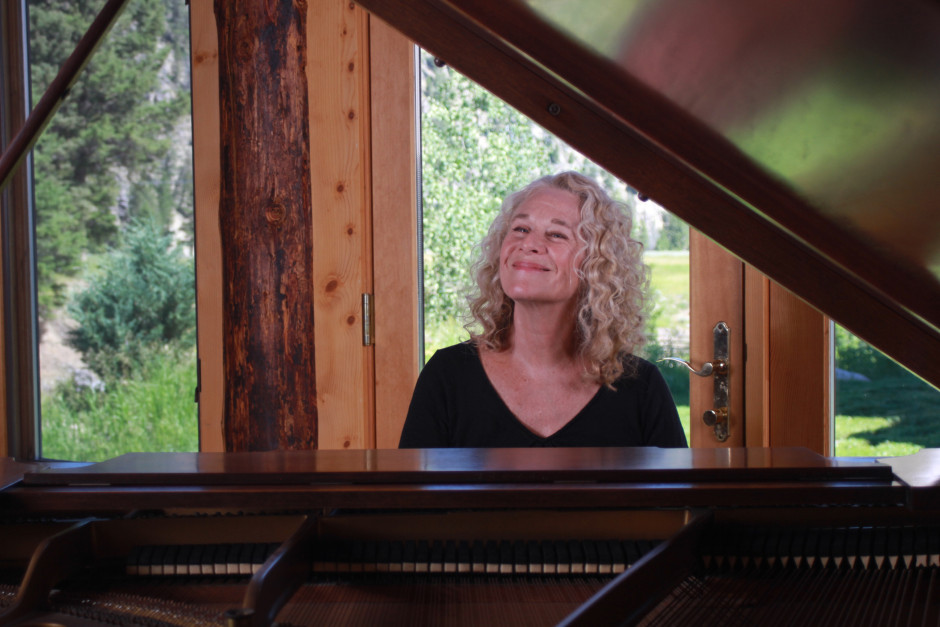
If you’re a Baby Boomer, like me, you may have been hooked by the mesmerizing rhythms of Carole King’s iconic pop songs.
King’s songs, at once exuberant and plaintive, were appealing due to their simplicity, honesty, empathy and compassion. They struck a chord with an entire generation, of which I was part.
A living legend, King probably has more hit songs to her credit than any of her peers in the United States. More than 100, in fact. Songs like It’s Too Late, I Feel the Earth Move and You’ve Got a Friend. Not bad for a nice Jewish girl from Brooklyn.
She’ll be profiled in George Scott’s Carole King: A Natural Woman, a PBS documentary in the American Masters series, scheduled to be broadcast on February 19 from 9 p.m. to 10 p.m. (check local listings). This entertaining biopic gives viewers a general overview of her career, focusing on the moments that made a difference.
As King acknowledges, her mother, a pianist, was her single most important influence. At 15, she joined a band that performed at high school dances. By 17, she had written her first hit. Later, she churned out songs for $25 a pop. People who knew her back then recognized her immense talent.
Claiming that fame never appealed to her, King says she liked writing songs because she hungered for the respect of the performers who would sing them.
Like a lot of women of her time — she was born in 1943 — she married young. She and her beau, Gerry Goffin, were still teenagers when they were wed. While he earned a living as a chemist, she sat at home composing the catchy music for their songs, for which he would write the lyrics.
As the film unfolds, she plays the piano, sings and reminisces. It’s a pleasurable exercise in nostalgia.
After divorcing Goffin on the grounds of infidelity, she moved to California with her two daughters in 1968. For King, California was a turning point. In Los Angeles, she met James Taylor, her collaborator-to-be, and Lou Adler, the producer of Tapestry, one of her most famous albums. Both appear in the film, as do her former manager, Peter Asher, and her old friends, the composer Barry Mann and the lyricist Cynthia Weil.

As the film hurtles forward, King recalls her reluctance to embark on extended tours when her daughters were growing up. She also talks about her third marriage to a man who physically abused her and explains why she spends so much time in the state of Idaho today.
Carole King: Natural Woman is a feel-good tribute to one of America’s greatest entertainers.
